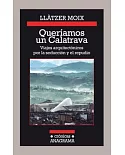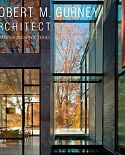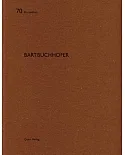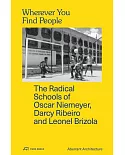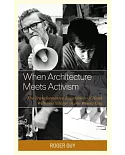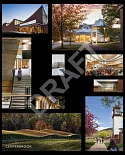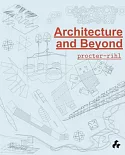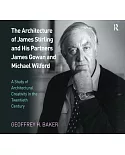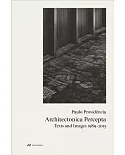Fumihiko Maki was born in 1928 in Tokyo and is regarded as a doyen of modern Japanese architecture. After completing his first degree at the University of Tokyo he studied at Harvard University
and Cranbrook Academy, and worked with SOM and Sert, before going on to open his own office in Tokyo in 1965; a highpoint in his career was surely in 1993 when he was awarded the Pritzker
Prize.
Maki is one of the founders of Metabolism and continues to lead in the global architectural arena today. His architectural language is defined by meticulous detailing with rational, precise yet
strongly plastic forms. Of particular importance to Maki is the complimentary relationship of his designs with the context, notably the city.
In this book Jennifer Taylor places Maki's work within the context of modern architecture and the evolving circumstances and perspectives of Japan. Within this framework the author presents a
number of selected buildings and projects, including the Yokohama Bayside Tower (2003), Triad (2002), the Kaze-no-Oka Crematorium in Tokyo (1997) and the Church of Christ in Tokyo (1995). In
addition she assesses Maki's contribution as a teacher of architecture and as a theoretician. This book is the first comprehensive and critical history on Maki's work.



